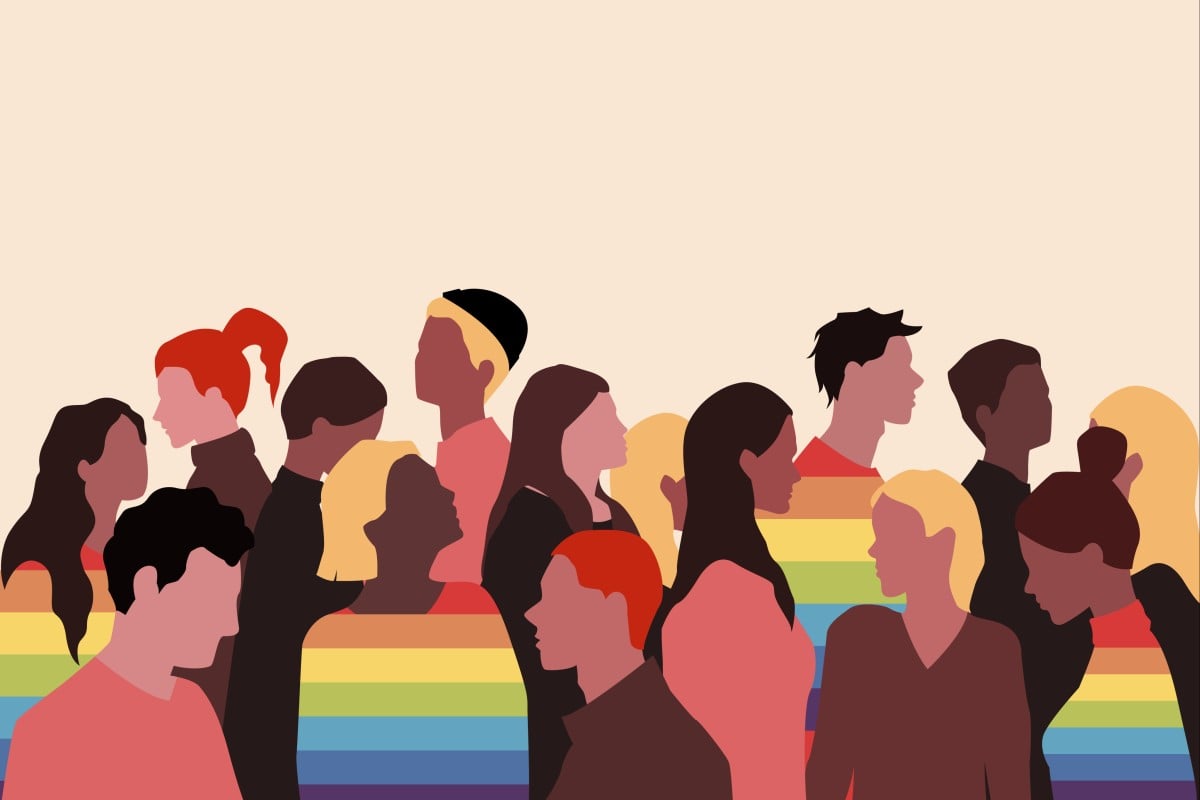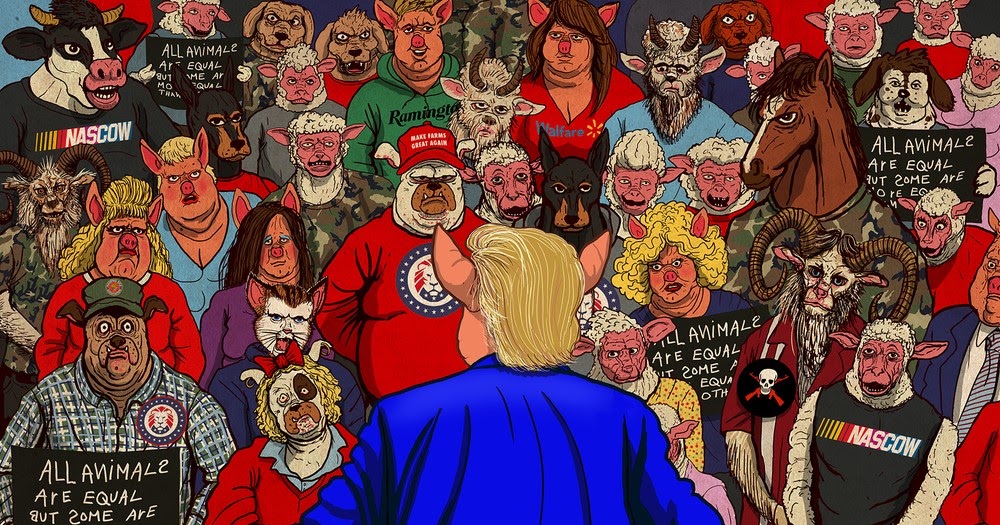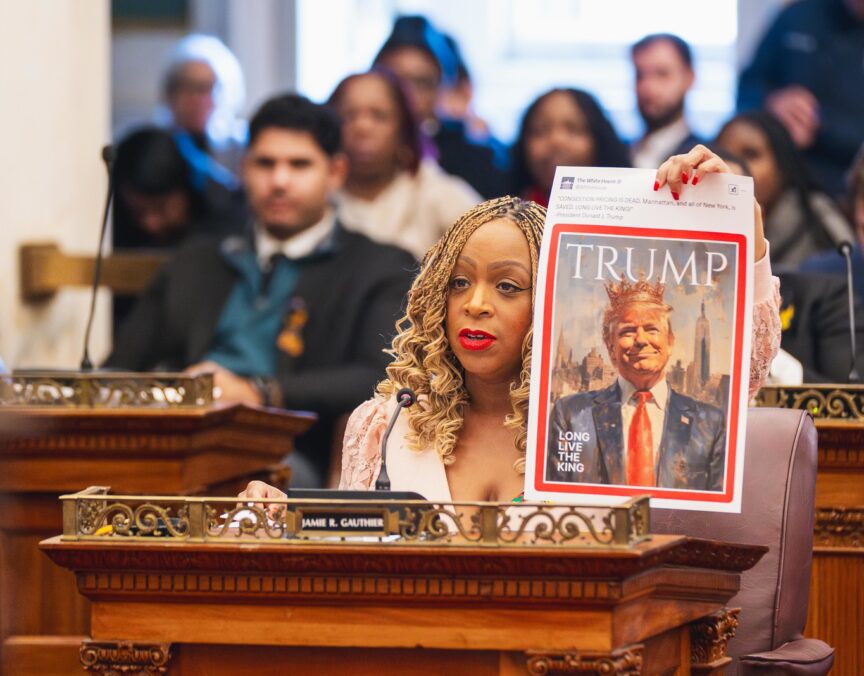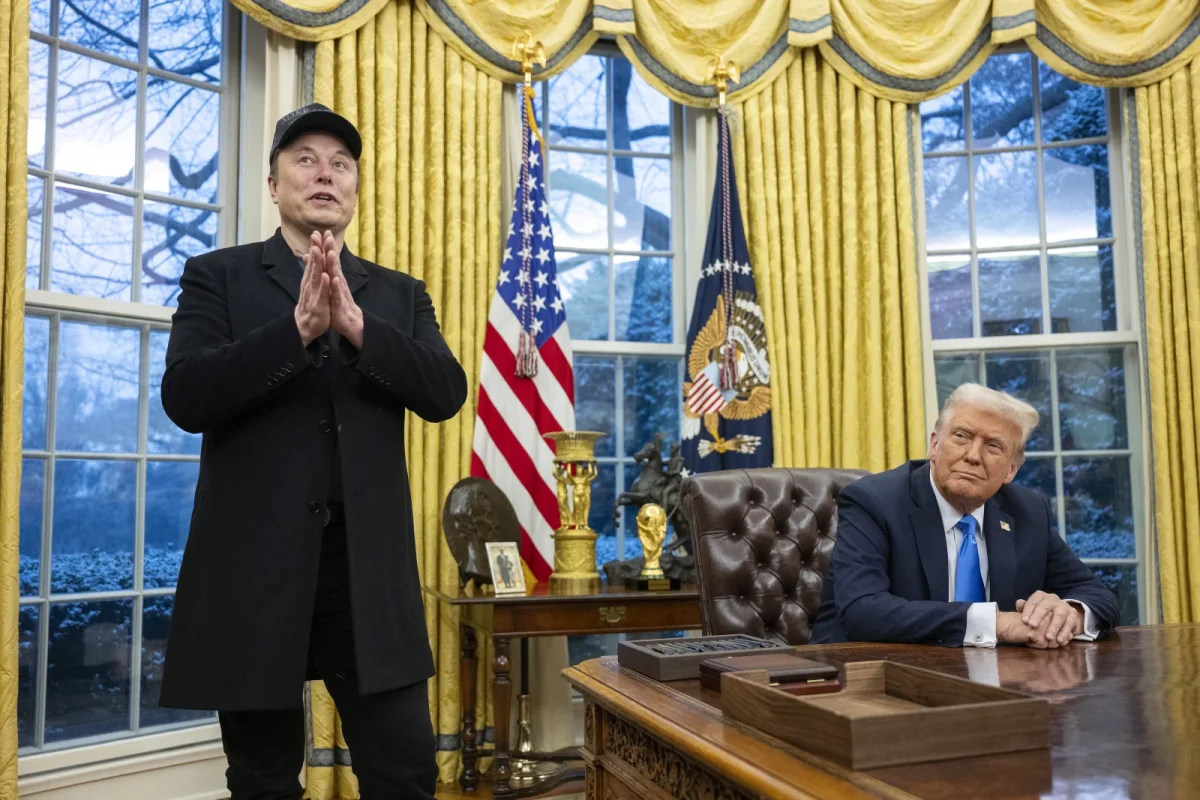I find it disgraceful that people fear the words ‘feminism’ and ‘feminist.’ What gives me hope is that the cause of fear is ignorance, and ignorance can be solved with knowledge and education. The concept of feminism has been around for centuries. Humanitarians, philosophers, journalists, professors and theologians have written and spoken-out about the term on numerous points. It is an ideology – a system of ideas. If you look up the term ‘feminist’ in a dictionary, the term ‘man-hater’ does not appear. In fact, the definition will discuss the idea of equal rights between men and women.
‘Conservatism’, ‘liberalism’ and ‘environmentalism’ are also ideologies, but people do not cringe at the sound of those terms. For some reason, the term ‘feminism’ has caused quite an outrage.
I hear people question, “Why do you have to identify yourself as a feminist? Why can’t you just believe in feminism without identifying yourself as such?”
My response is, “What the hell is wrong with saying you’re a feminist?” I can guarantee a mob with pitchforks and torches will not come after you if you identify as a feminist.
As with all ideologies, there is a spectrum. Some feminists accept the acting in pornography as a woman’s choice and not degrading to women; others simply identify feminism as the equality of men and women.
One point I would like to make clear is that women who choose not to shave their legs, not to get married or not wear a bra, should not be considered ‘radical’ feminists. If that is the case, then a wide majority of females on campus could be considered ‘radical’ feminists, which defeats the purpose of the term ‘radical.’
In recent years, the fight for equality between men and women has become more publicized. President Obama discussed, in the latest State of the Union address, the need for equal pay for woman in the workplace. Malala Yousafzai was shot for promoting education for girls in Pakistan, and Emma Watson recently started a campaign, HeforShe, calling on men to join the feminist movement.
Instead of getting support for her promotion of equality among men and women, Watson has received a great amount of criticism and backlash for her actions.
Watson introduced the HeforShe campaign, as a part of the UN Women Solidarity Movement for Gender Equality, in September 2014.
In the first lines of her speech, she introduced the primary purpose of the campaign: to put an end to gender inequality. Watson serves as a UN Women Goodwill Ambassador. The HeforShe campaign specifically calls attention to the men and asks them to join the movement for gender equality.
The campaign quickly spread across social media with hashtags, retweets and Instagrams, gaining attention from world leaders and public figures. Activist leaders including Desmond Tutu, Hillary Clinton and Yoko Ono have shown support and commitment to the campaign. Recently, she spoke at the 2015 World Economic Forum and introduced the next phase of HeforShe, IMPACT 10X10X10. The second phase calls on the public to ask what impact they can have on gender inequality.
One criticism voiced regarding Watson’s position with the campaign, questions if she is right woman to be the face of the movement to end gender inequality. I ask, why not? Yes, Watson is a wealthy, white woman with an Ivy League education. However, Watson is also a public figure who has the means to lead an international movement. I do not know why the United Nations chose Watson as the UN Women Goodwill Ambassador; however, I am sure they had good reason behind it.
A separate criticism, questions the feminism movement’s position on men. Let’s refer back to the definition of feminism. It is an ideology that promotes gender equality. People of all sexes, genders, identities, ages, ethnicities, and religious beliefs are welcome to join.
People criticize that since Watson is a white woman, she cannot understand the oppression of minority women; therefore, the HeforShe campaign discriminates against ethnic minorities.
Let’s take a step back and look at the bigger picture. This campaign is a call for gender equality- a call to put an end to the oppression of women.
It is not fair to compare oppressions and say one oppression is worse than another. Oppression itself is enough of an issue to speak out against. We live in a patriarchal world. Watson is a woman and thus, has experienced gender inequality at some point in her life. The oppression women face in ethnic minorities and third-world countries is certainly deplorable; however, that oppression cannot possibly be stopped overnight and this movement is a step in the right direction.
Instead of disregarding Watson’s efforts completely based on the color of her skin, we need to come together and draw attention to gender inequality.
Let us not discriminate against Watson based on her economic status and ethnic background, but rather support her in her efforts to make a difference in a world that does not permit a woman to receive equal pay to her male co-workers; a world where women have to look behind their back every few seconds when walking alone to make sure they are not being followed; a world that sexualizes prepubescent girls and boys in the media; a world where a girl is not allowed to receive an education.
These goals above are universal goals to strive for and I’m thankful that Emma Watson is one of those leading the charge to make these goals a reality.
Categories:
Why fear ‘feminism’?
webmaster@unewsonline.com
•
February 5, 2015
0
Donate to The University News
$2185
$5000
Contributed
Our Goal
Your donation will support the student journalists of Saint Louis University.
More to Discover















